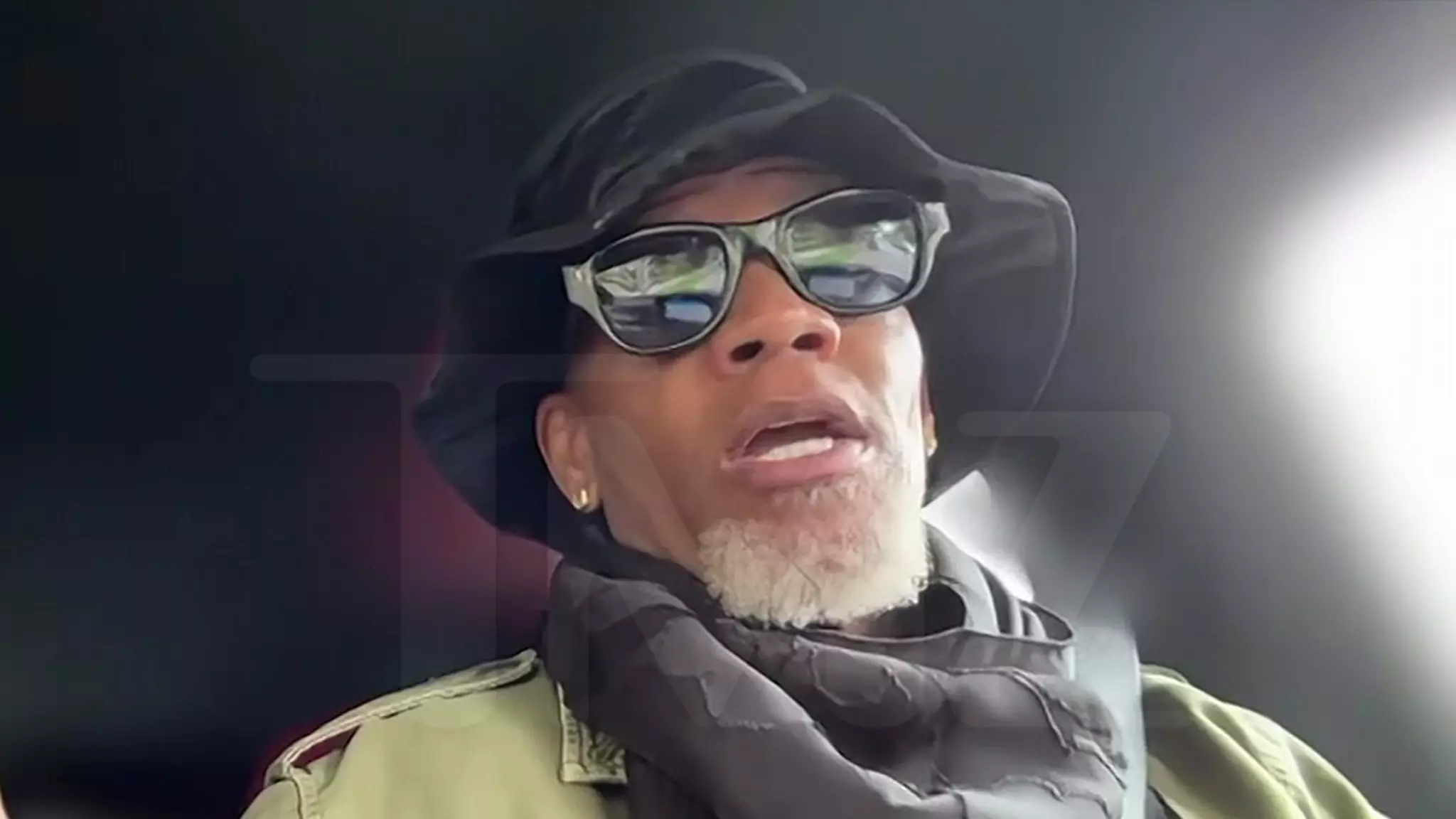D.L. Hughley’s recent commentary on Mike Pence receiving the John F. Kennedy Profile in Courage Award is a bold reflection of the current state of American politics. By labeling Pence’s actions during the certification of the election results as merely a fulfillment of his official duty, Hughley underscores a troubling reality: what should be standard behavior has become extraordinary in today’s political climate. This juxtaposition forces us to evaluate not just the significance of the award itself, but the broader implications of a democracy where basic principles are no longer guaranteed.
The Erosion of Norms
The irony of awarding Pence for an act that should be inherently expected from any elected official raises unsettling questions about the erosion of democratic norms in the United States. Hughley pointed out that the courage displayed by Pence is something many public servants have shown before, yet today, it is lauded as a monumental achievement. This suggests a cultural shift where upholding the Constitution is now an act of bravery rather than an obligation. It’s alarming to think that the health of democratic institutions hangs on the precarious edge of individual bravery rather than systemic integrity.
The Context of Courage
Hughley acknowledges Pence as a “principled man,” a characterization that may seem gracious but invites scrutiny. In a society grappling with political polarization, the context surrounding Pence’s actions amplifies the praise he receives. His moment of courage was not an isolated incident; it was a response to existential threats not just to his safety but also to the democratic process. Hence, it appears that the award symbolizes a desperate grasp for hope in a landscape where betrayal of democratic principles by high-ranking officials, including the former president, has reached unprecedented levels.
A Reflection on Leadership
Pence’s acceptance speech, wherein he described January 6 as both a “tragic day” and a “triumph of freedom,” exemplifies the complexities of political rhetoric in turbulent times. The dichotomy he presents speaks volumes about the narratives that are shaping the American consciousness. Contrasting tragedy with triumph serves a dual purpose: it acknowledges past failures while simultaneously framing the present challenges in a more palatable light. However, the notion that the integrity of the nation’s institutions was merely tested rather than fundamentally undermined invites skepticism.
The Bigger Picture
According to Hughley, the fact that Pence’s act of “patriotism” momentarily hindered Donald Trump’s return to the presidency is itself indicative of deeper systemic issues. The notion that a single courageous act could pause the advancement of a political figure whose stature has become synonymous with divisive governance underlines the fragility of the current political landscape. It encapsulates a moment in time where heroic actions are necessary to preserve norms that, through historical standards, should simply exist.
In sum, the atmosphere surrounding Pence’s award exemplifies the perilous state of American governance today, where the extraordinary is required to sustain the foundational principles of democracy. It is a somber reminder that the commendable can coexist with an unsettling acknowledgment of how far the country has strayed from its democratic aspirational ideals.

